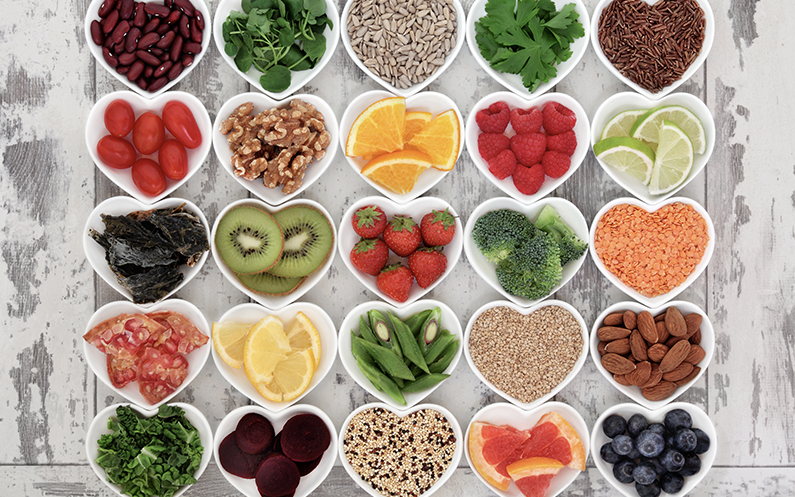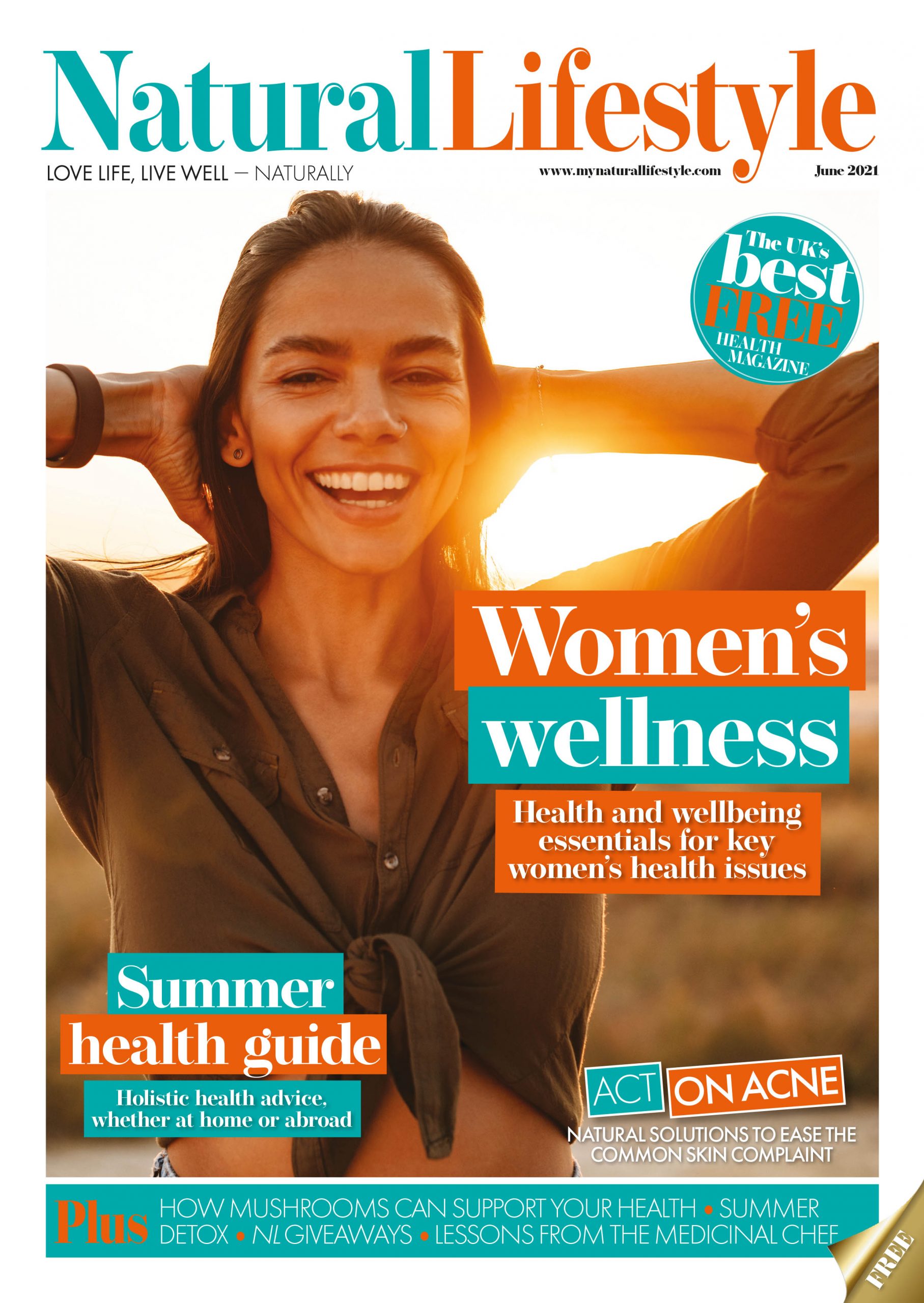A healthy diet is a balanced diet, and without proper consideration, you could be failing to get the right nutrition.
And so, Nichola Ludlam-Raine, a Registered Dietitian and speaking on behalf of Lizi’s Granola, has offered her top tips to optimise nutrition and make sure you’re getting all the important nutrients. She suggests:
- Try to eat a rainbow of colours of foods to ensure you’re getting a wide variety of nutrients.
- Include protein foods such as lean meat, beans, pulses, fish, eggs, dairy and tofu. Fish should ideally be eaten twice a week, including one portion of oily fish for heart healthy omega 3 fatty acids, for example, salmon, mackerel, sardines or pilchards.
- Include dairy in your diet such as milk or yogurt (or fortified alternatives, look for calcium and iodine on the ingredients list of plant-based milks).
- Choose higher fibre cereals which have added vitamins and minerals, some of which many of the population are deficient in. Eating an adequate amount of fibre as a part of a healthy balanced diet, in addition to exercising regularly and getting enough sleep, can help to improve gut health. Don’t rush into upping your fibre intake all at once though as this can cause stomach pains and bloating; try building your fibre intake over a period of time instead.
- Opt for wholegrain starchy foods, such as potatoes in their skins, oats, wholemeal bread, wholewheat pasta and brown rice.
- Include small amounts of unsaturated fats such as rapeseed or olive oil for cooking and salad dressings.
- Reduce your intake of sugary drinks, as well as foods that are high in calories and low in nutrients, such as cakes, pastries, biscuits and sweets (have these only occasionally and in small amounts, if at all).
- Drink six to eight glasses of fluid a day, water is best.


